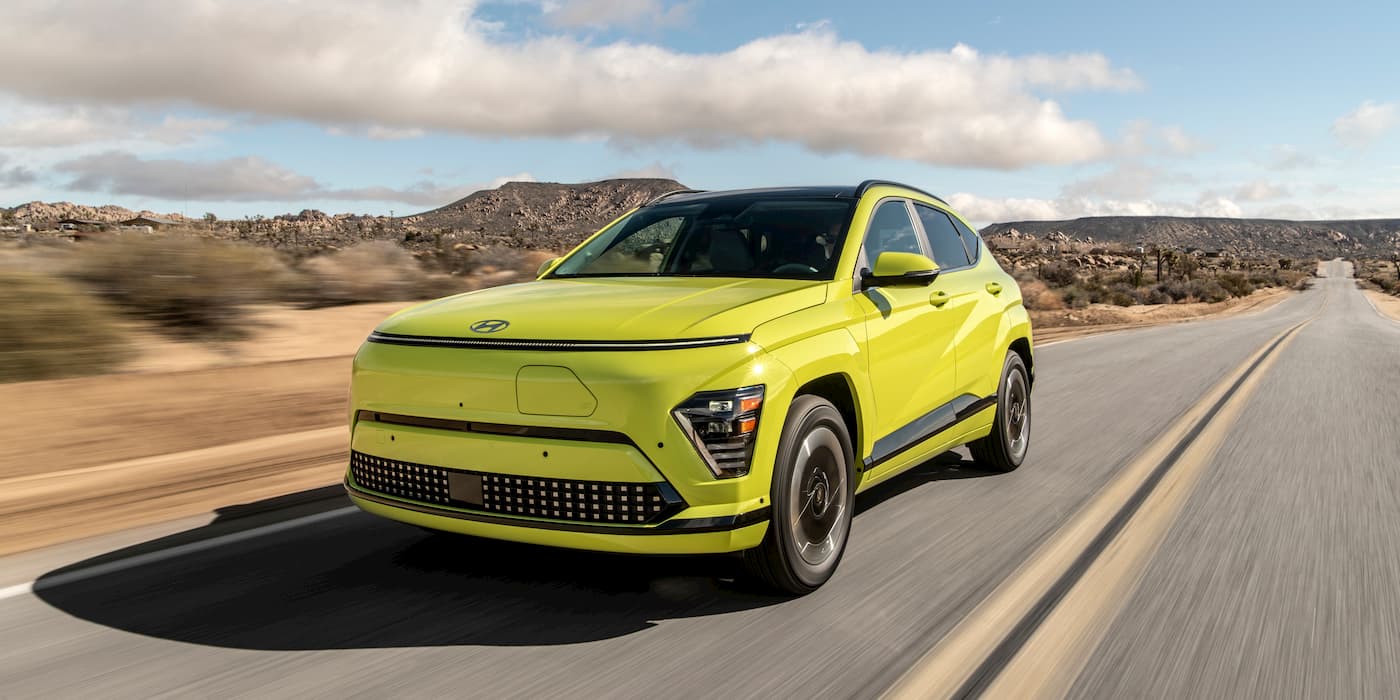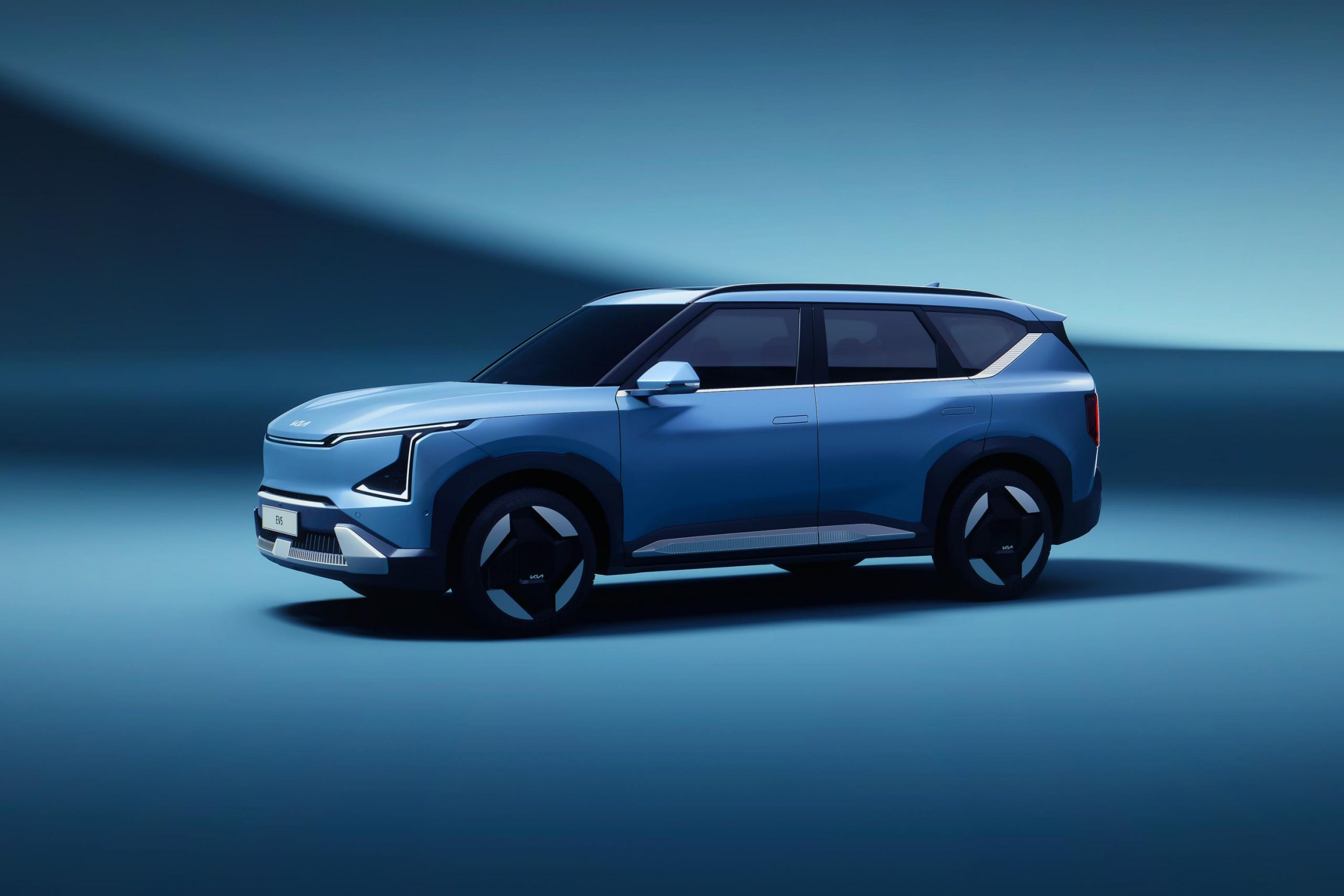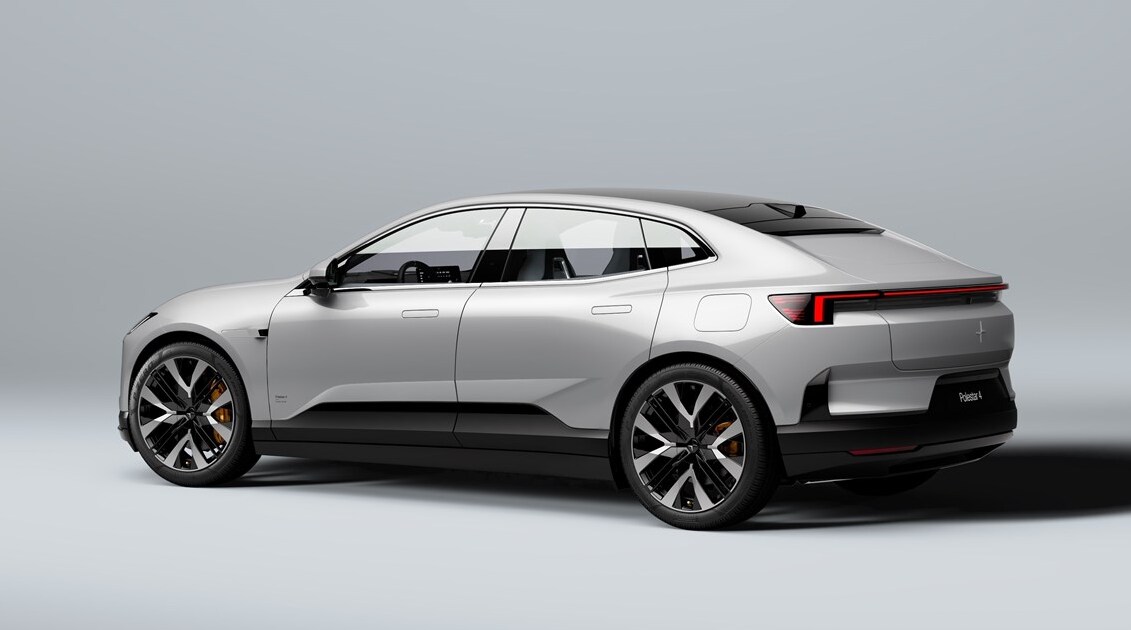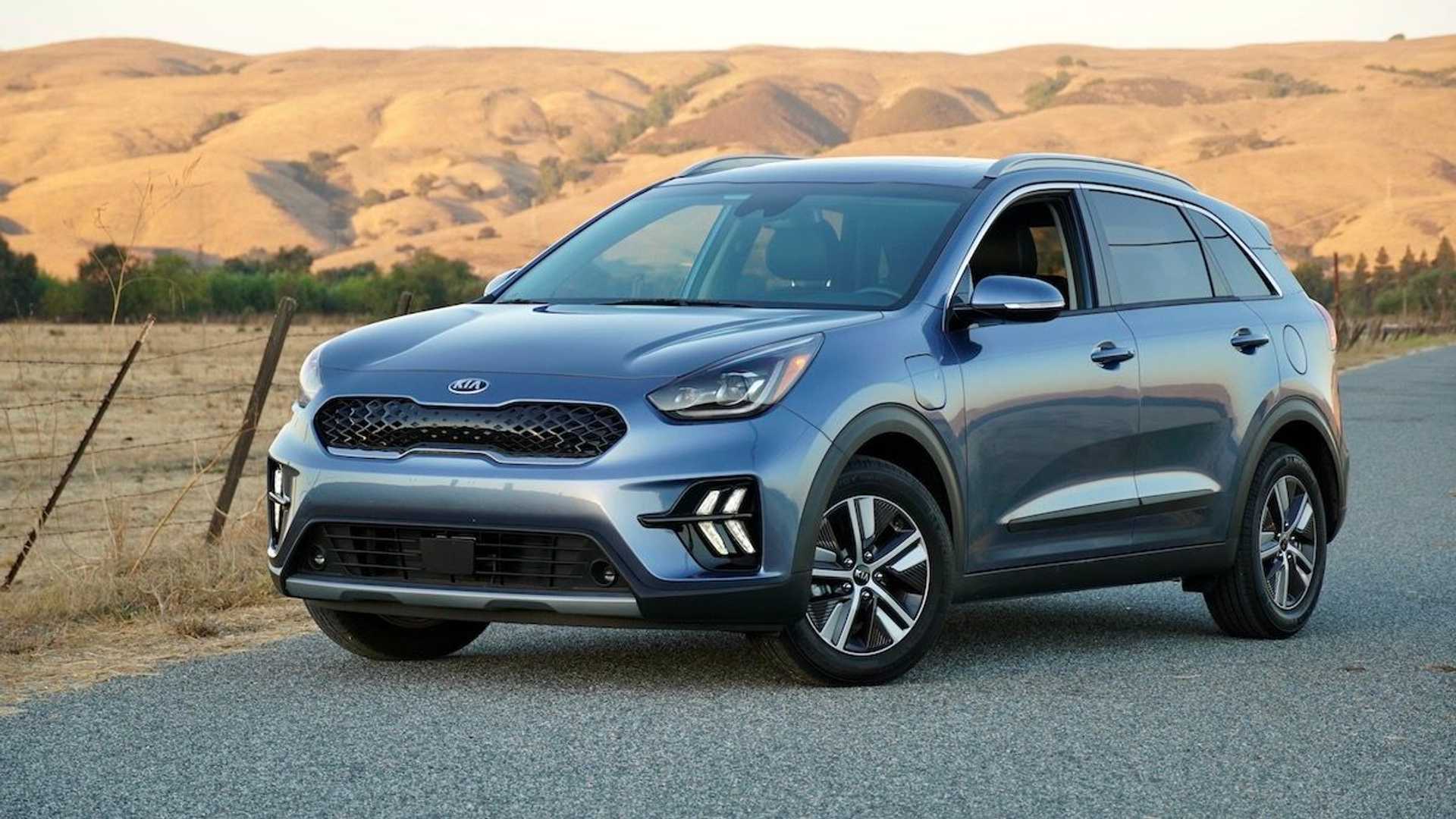Amidst the sea of high sticker prices that often accompany new vehicles, electric cars have quietly been gaining ground as a budget-friendly alternative for consumers. While their eco-friendly credentials have garnered attention, it’s their financial advantages that are truly turning heads. Thanks to a confluence of factors, including favorable tax incentives, competitive leasing options, and lower operational costs, electric vehicles (EVs) are asserting themselves as a surprisingly economical choice for those seeking a new ride.
Energy Innovation, a non-partisan think tank focusing on energy and environmental policies, delved into the intricate web of costs that consumers encounter when securing a new vehicle. The results consistently favored the leasing of EVs, presenting it as the most financially prudent option.
A striking illustration of this trend is found in comparing the monthly costs of leasing a Tesla Model Y versus leasing a gasoline-powered BMW X4. The data unveiled an average savings of $425 per month in favor of the EV, while a Ford Mustang Mach-E offered an even more substantial difference of 502 dollars less each month. The financial appeal persisted even when contrasting a premium EV with a mass-market internal combustion engine (ICE) vehicle. A BMW i4 eDrive35, for instance, displayed a monthly cost that was $264 lower than leasing a gas-powered Kia Niro.

Perhaps the most enticing revelation from Energy Innovation’s analysis was the potential for lessees of EVs to save a staggering $6,000 annually on their car payments. Over the standard 36-month lease period, which aligns with the American average, this translates to a substantial sum of $18,000. Surprisingly, this figure is notably lower than the typical price range of used vehicles aged one to five years, establishing a compelling argument in favor of leasing.
A significant contributor to the lower monthly expenses is the pivotal role of tax incentives provided by the Inflation Reduction Act. Valued at up to $7,500, these incentives are more accessible for lessees than buyers. Unlike purchased EVs, which must predominantly source their batteries and components from North America to qualify for incentives, leased EVs are deemed commercial vehicles by the IRS, thus allowing them to qualify regardless of the origin of their battery components.
This unique distinction broadens the scope of vehicles eligible for clean vehicle credits. While only a select few EVs qualify for these credits upon purchase, any EV brand that chooses to extend these savings to drivers becomes eligible. Notably, automakers such as Hyundai, Kia, Volvo, VW, and BMW have embraced this approach, whereas Ford, Nissan, Tesla, and Chevrolet have not uniformly followed suit.
Nonetheless, tax incentives only represent one facet of the cost-effectiveness puzzle. The intensifying competition among manufacturers and a burgeoning inventory of electric vehicles have been instrumental in driving down prices. Furthermore, the reduced expenses associated with fuel and maintenance have solidified the economic rationale for choosing battery-powered vehicles. Additionally, the prevailing high interest rates in the realm of new car financing have cast leases in an even more appealing light.
In a concise summation, Energy Innovation aptly states, “The proliferation of EV models, coupled with new vehicle incentives and the stabilization of supply chains and production lines, has propelled EVs to the forefront as the most financially viable option for new car purchasers.” As discerning consumers navigate the evolving automotive landscape, it is increasingly evident that the allure of electric vehicles transcends their environmental accolades, extending to the commendable affordability they offer in the here and now.







